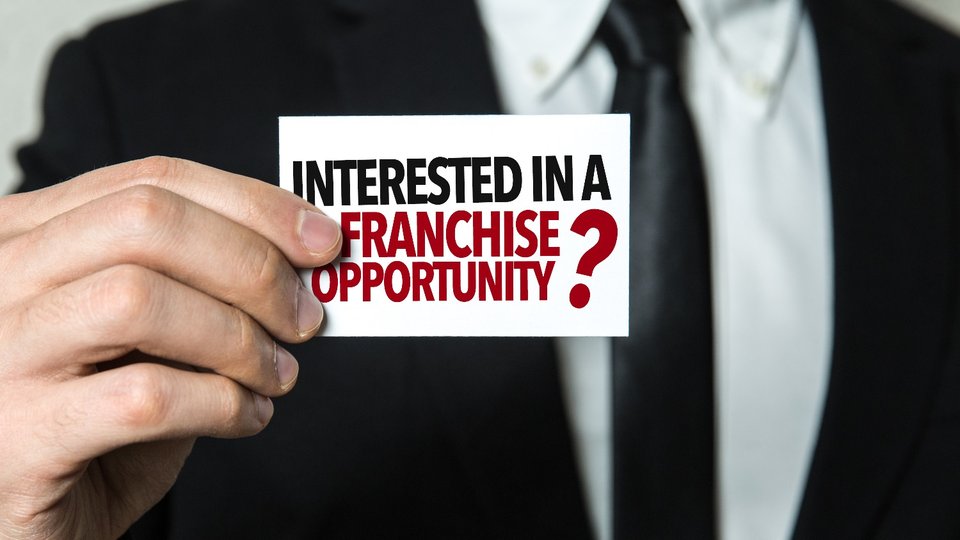Franchising
Although Tim Koch, president and COO at Franchise FastLane, said restaurant franchising isn’t for everyone, it can be a powerful way to reclaim control in a volatile market. It provides a level of ownership and engagement that many investors are actively seeking in today’s landscape.

Photo: Adobe
August 8, 2025
In today’s unpredictable economy, more and more people are rethinking how and where they invest their money. With the stock market in flux and economic uncertainty continuing to shape investor behavior, restaurant franchising is emerging as a more tangible, hands-on investment alternative. It’s less about just owning a business and more about taking back control when corporate jobs and stock market swings no longer feel reliable.
With more than two decades of experience in franchise operations, and much of that time being in the restaurant space, I’ve seen firsthand how impactful this shift has been. I work every day with aspiring owners across the country who aren’t just chasing profit. Instead, they’re pursuing autonomy, long-term growth and meaningful impact in their communities.
For a lot of people, investing in a restaurant franchise offers a chance to start a meaningful new chapter.
The reality of today is that people are losing trust in the traditional vehicles of wealth building. The stock market feels erratic. Passive income no longer feels passive. And for individuals looking for more transparency and control, restaurant franchising offers a structured, proven model. It’s a path that blends the support of a tested system with the freedom to build something of your own.
Franchising is still often misunderstood. People assume it’s too complex or risky, but from where I sit, guiding hundreds of people through this process each year, the truth is quite the opposite. With the right brand, one that offers clear systems, strong training, and ongoing support, franchising offers a blueprint for success that’s hard to match in other investment avenues. Franchising delivers ownership without the guesswork.
According to a report by the National Restaurant Association, in 2023 the restaurant industry was projected to reach $997 billion in sales — over $100 billion higher than projected sales prior to the COVID-19 pandemic. Combined with the same report noting that 64% of consumers consider restaurants essential to their lifestyle, this proves that the restaurant industry’s resilience through economic cycles is unmatched. In 2025, the consumer demand for food service is constant and continues to grow. These days, people want convenience, good food, and a sense of connection — and restaurants deliver on all three, whether it’s a fast casual spot, a quick-service brand or a contemporary health-forward café.
That doesn’t mean franchising is simple. It requires time, strategy, and the right partner. But with clear systems, reliable training, and strong brand support, franchising can reduce the guesswork and offer a blueprint for success. The key is to research thoroughly, ask questions about performance data, talk to existing franchisees, and evaluate how well a brand aligns with your goals and capabilities.
In the franchising industry, we’re seeing a rise in first-time franchisees. Many are former corporate professionals tired of instability, entrepreneurs seeking to diversify, or individuals simply ready for a fresh start. What unites them is the desire to own something concrete, something that aligns with their values, provides steady income, and puts them in the driver’s seat. They’re looking to build a future.
If you’re considering franchising, approach it the same way you would any other smart investment: with clear eyes and careful research. Look for restaurant brands with strong infrastructure, market demand and a history of franchisee success. Be wary of flashy promises without operational support. The right partner, whether it’s a brand or a franchise development group like ours, can help you navigate this process wisely and avoid common pitfalls.
Restaurant franchising isn’t for everyone, but for those willing to do the work, it can be a powerful way to reclaim control in a volatile market. It provides a level of ownership and engagement that many investors are actively seeking in today’s landscape.


